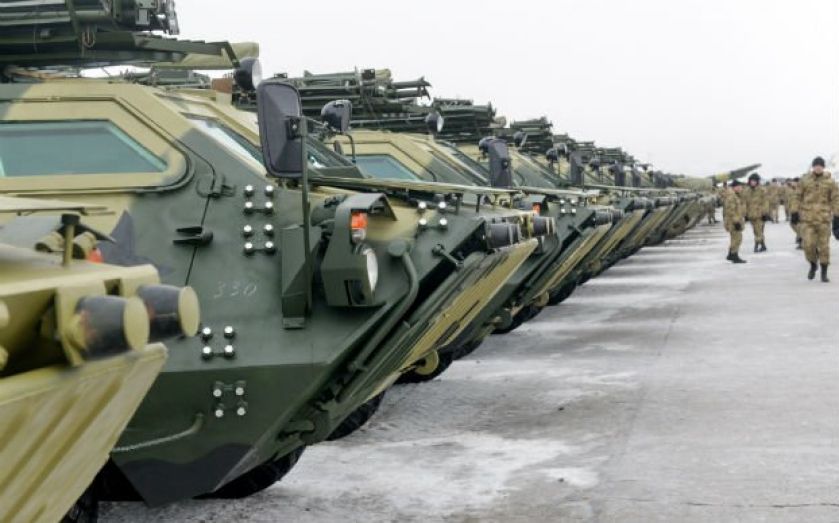Conflict is the single biggest threat to global stability, business and the world economy say the World Economic Forum

International conflicts are the biggest threat facing the world over the next decade, according to the World Economic Forum (WEF) – and the issue be at the top of the agenda at its annual meeting in Davos next week.
Geopolitics and its risks to world stability and the global economy have returned to the agenda after years in the shadows, as tensions in Russia and the Middle East emerged last year.
The organisation’s Global Risks report consulted 900 experts on the biggest issues of the day to come up with the list of biggest threats. It’s the first time the WEF has considered conflict as its biggest concern.
Conflict was followed by extreme weather events and failure of national governance as the risks most likely to occur.

Conflict was also the fourth biggest risk in terms of its impact, while water crises, the spread of infectious diseases and weapons of mass destruction would have more of an influence on world stability.

The WEF’s lead economist Margareta Drzeniek-Hanouz said of the report: “Twenty-five years after the fall of the Berlin Wall, the world again faces the risk of major conflict between states.
“However, today the means to wage such conflict, whether through cyber attack, competition for resources or sanctions and other economic tools, is broader than ever. Addressing all these possible triggers and seeking to return the world to a path of partnership, rather than competition, should be a priority for leaders as we enter 2015,” she added.
Economic risks have taken a back seat to more pressing geopolitical issues and societal issue and the WEF also noted an increase in the number of environmental risks compared with previous years.
Cyber attacks were of particular risk to North America as the area was least prepared for them, following on from the high profile Sony hack at the end of last year. Meanwhile, Europe was least ready for the risk of unemployment or underemployment.